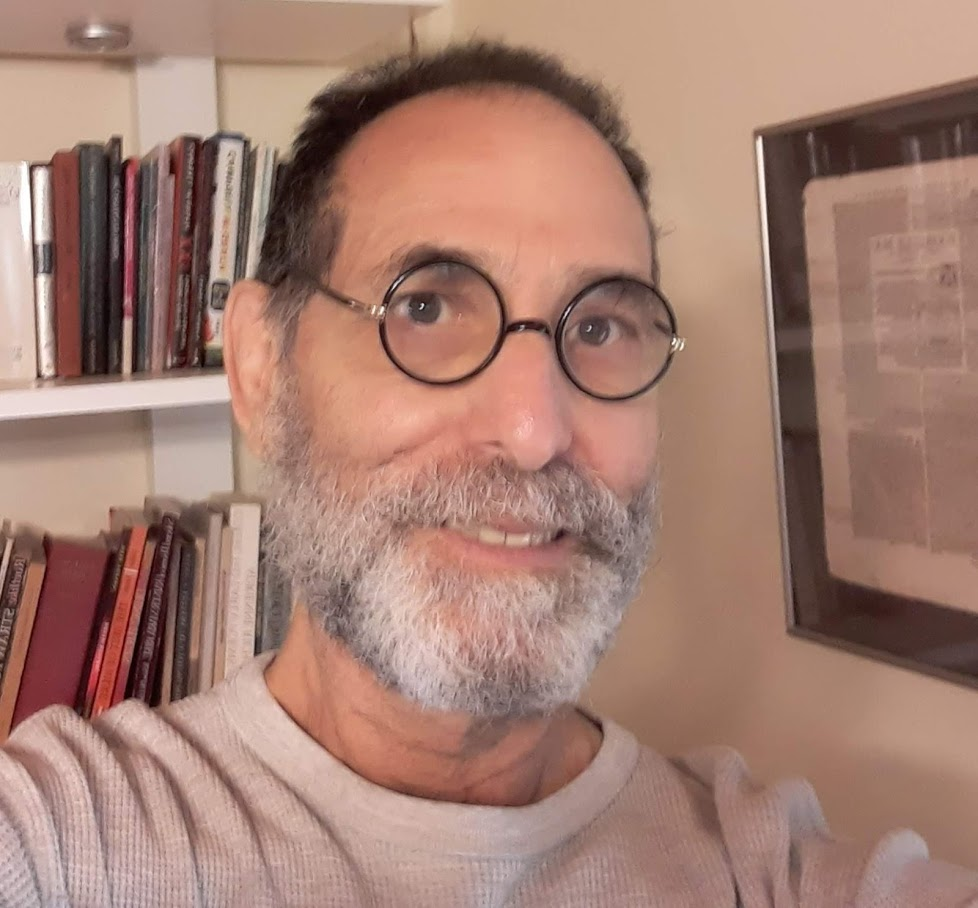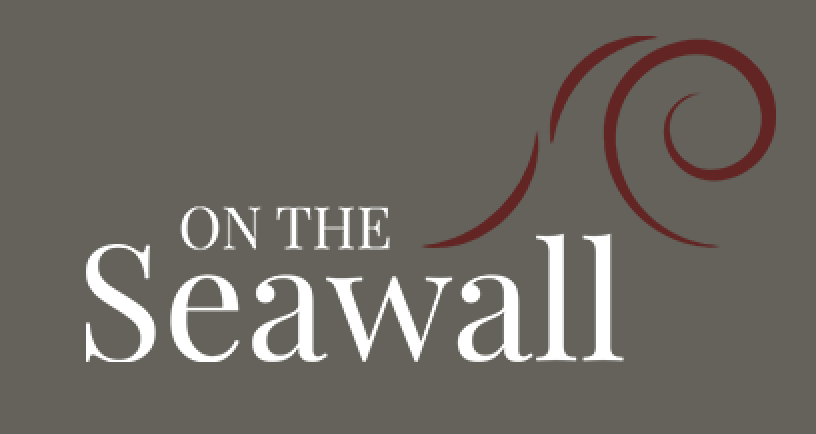They’d grown used to him there, but when they litthe kitchen lamp and the flamefluttered in the dark, he, the one without a name,seemed all the more un-nameable. They washed his throatand knowing nothing of his life,contrived one for the stranger.One of them turned her head to coughand set her sponge, soaked with vinegar,on his face. The other pausedand drops fell from her stiff-bristledbrush while his contorted hand tried to convincethem, tried to show the entire housethat he no longer thirsted.He no longer thirsted. And they, abashed,coughed, and set again to workbut harder now and washedthe man. Their shadows on the silent walls jerkedand flailed as though inside a net until there came an endto the washing. Night, in the bare window,shrugged. And he, whose name they didn’t know,naked and clean now,gave commands.
Leichen-Wäsche
Sie hatten sich an ihn gewöhnt. Doch alsdie Küchenlampe kam und unruhig brannteim dunkeln Luftzug, war der Unbekannteganz unbekannt. Sie wuschen seinen Hals,und da sie nichts von seinem Schicksal wussten,so logen sie ein anderes zusamm,fortwährend waschend. Eine musste hustenund ließ solang den schweren Essigschwammauf dem Gesicht. Da gab es eine Pauseauch für die zweite. Aus der harten Bürsteklopften die Tropfen; während seine grausegekrampfte Hand dem ganzen Hausebeweisen wollte, dass ihn nicht mehr dürste.Und er bewies. Sie nahmen wie betreteneiliger jetzt mit einem kurzen Husterdie Arbeit auf, so dass an den Tapetenihr krummer Schatten in dem stummen Mustersich wand und wälzte wie in einem Netze,bis dass die Waschenden zu Ende kamen.Die Nacht im vorhanglosen Fensterrahmenwar rücksichtslos. Und einer ohne Namenlag bar und reinlich da und gab Gesetze.






